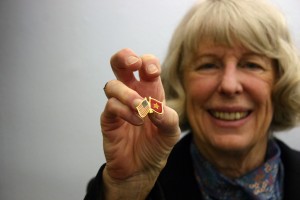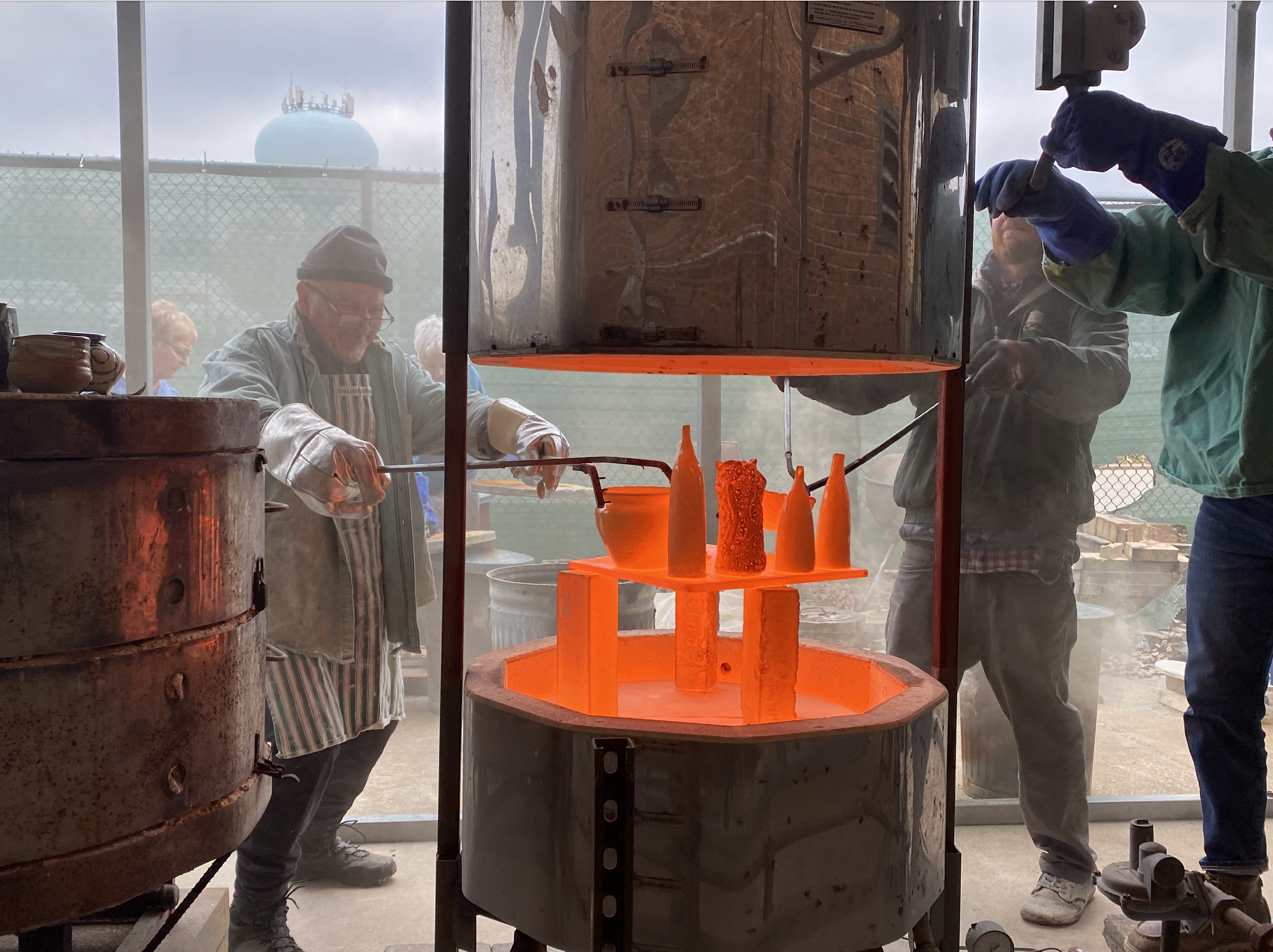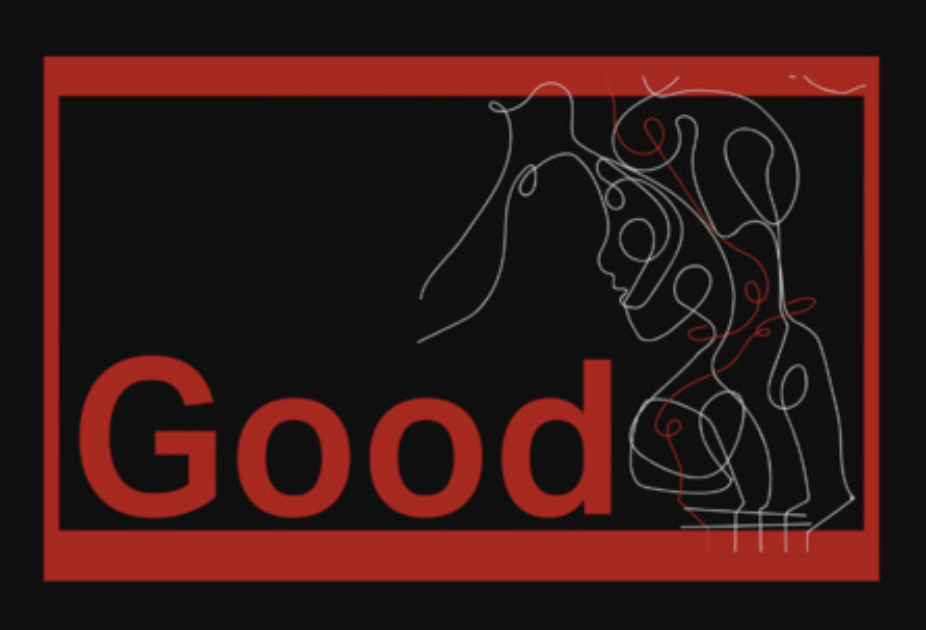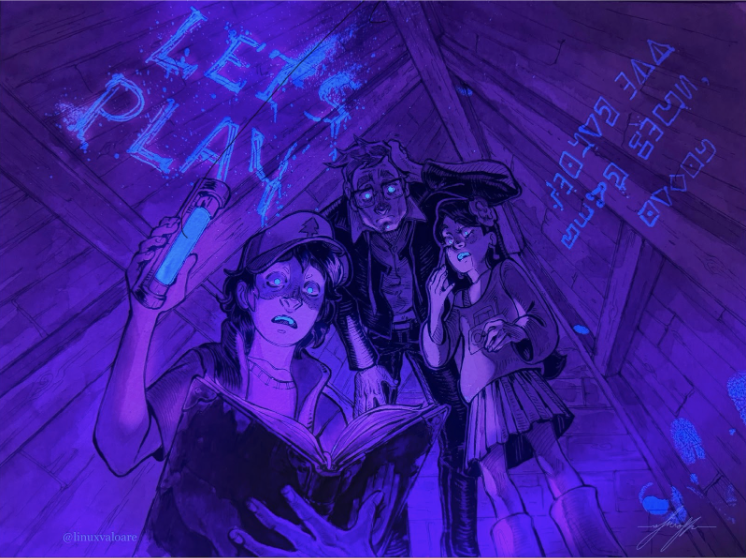Traveling across the sea to Myanmar, formerly Burma, and Vietnam, presenting documentaries, taking in foreign cultures, and flying home to judge a film festival are just a few things that retired STLCC-Meramec professor Diane Carson, Ph.D., can fit into a month.

Kavahn Mansouri
-Art & Life Editor-
Traveling across the sea to Myanmar, formerly Burma, and Vietnam, presenting documentaries, taking in foreign cultures, and flying home to judge a film festival are just a few things that retired STLCC-Meramec professor Diane Carson, Ph.D., can fit into a month.
Carson began teaching at St. Louis Community College in 1970 and continued teaching at Meramec until 2007 when she retired. Carson still team teaches Acting for the Camera, a class offered on the Meramec campus when she is not travelling
Carson, who was originally an English teacher, headed down the path of film in 1972, credited for launching STLCC’s first film program. Until her retirement, Carson had a hand in the film program, acting as a pilot to its future.
Looking back to 1972, Carson lives in her own world of film for a moment as she explains how her love for cinema drove her to start the film program at STLCC.
“I was just interested in it; I was in love with it. I got really interested in film, so I thought, ‘I’ll pursue this a little bit,’” Carson said. “Film can be something more than Hollywood, it can be a work of art, it can carry impact, and make some really critical and political statements.”
Carson also helped form the St. Louis International Film Festival in which she judges on several panels each year.
Carson said that this time of the year is a very special time for her.
“I think what I take from it [the festival] most of all, is how powerful a good film is, what a really good film can do to you, and how quickly it can,” Carson said with a smile on her face.
Carson’s viewing of films, that she can only explain as revelations, are what she said made her fall in love with cinema.
“I saw some really, really good films. Everything from clique as it is, ‘Citizen Cane,’ to when I was in grad school and I saw some Bergman films. It was just a revelation to me,” Carson said. “I saw some independents, some foreign films, some art films. ‘Rashomon,’ Akira Kurosawa’s film, to this day is my favorite film.”
Carson has presented films across the world as a film specialist for the University Film and Video Association. This gives Carson the opportunity to travel around the world presenting films with directors and writers.
Carson’s most recent adventure was to Myanmar and Vietnam where she helped present the Academy Award-nominated documentary “Trouble the Water.”
Carson brings up a picture gallery on her desktop and begins flipping through several pictures of Vietnam and Myanmar, reminiscing, explaining the cultured differences and how films can make two separate cultures clash.
“I just love learning about different cultures, we’re just very different, we have different ways of looking at the world, and different customs that are interesting,” Carson said. “In Burma, you never pat anyone on the head, not even a child; it’s grossly insulting, and that’s really interesting thinking about how that could develop.”
The University of Film and Video Association’s panel of experts picks 30 documentaries to be screened overseas each year. The documentaries must be by Americans, about American topics.
These documentaries are sent to embassies around the world. The embassies get descriptions and often DVDs of the film. Each embassy then picks a film to be screened that they believe would be relevant to their country. They then can invite the filmmaker, usually the director or producer, and a film specialist like Carson.
Carson describes some of the films she has screened in her most recent voyage and explains how cinema can break down barriers between different cultures and attitudes.
“It opens doors for communication and for thinking about problems,” Carson said. “Helping us realize we have a lot more in common than we do different. We do have a lot of differences, but we also share a lot of problems, especially environmental, but personal too in many ways. You never get the perspective on your own situation, the way you do when you go somewhere else and experience there’s.”
Carson said that she will never lose her love for films because they provide insight into almost anything.
“Films are windows on the world. I think we always learn as much about ourselves as we do about the movie. It gives us insight into people, insight into ideas, insight into art; that’s what I still love about film,” Carson said.










